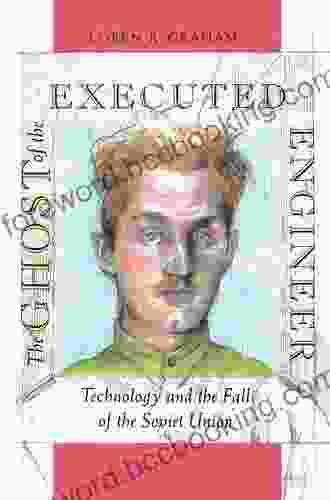Technology And The Fall Of The Soviet Union: Russian Research Center Studies 87

The collapse of the Soviet Union in 1991 was a pivotal event in world history, marking the end of the Cold War and the beginning of a new era. While numerous factors contributed to the Soviet Union's downfall, the role of technology often goes unnoticed. This article delves into the intricate connection between technology and the fall of the Soviet Union, exploring how technological advancements played a crucial role in shaping the course of history.
Technological Advancements in the Soviet Union
The Soviet Union invested heavily in science and technology, particularly in the fields of military, space exploration, and heavy industry. This focus on technological progress led to significant achievements, such as the launch of Sputnik, the first artificial satellite to orbit the Earth, and the development of advanced weapons systems. However, the Soviet system also stifled innovation and hindered the adoption of new technologies.
4.3 out of 5
| Language | : | English |
| File size | : | 4776 KB |
| Text-to-Speech | : | Enabled |
| Enhanced typesetting | : | Enabled |
| Word Wise | : | Enabled |
| Print length | : | 147 pages |
| Screen Reader | : | Supported |
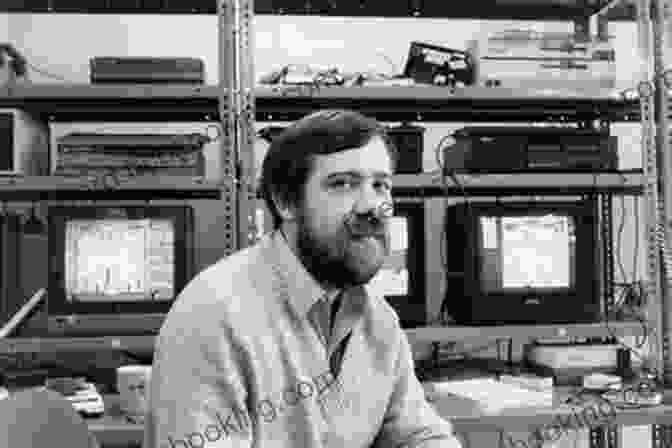
The Impact of Communication Technologies
One of the most significant impacts of technology on the fall of the Soviet Union was the rise of communication technologies. The spread of fax machines, telephones, and personal computers made it easier for people to communicate with each other across vast distances. This increased connectivity allowed for the exchange of ideas, information, and dissent, which challenged the Soviet government's control over the flow of information.
The rise of the internet in the late 1980s further accelerated the spread of information. Soviet citizens gained access to uncensored news and alternative perspectives, which eroded trust in the government and contributed to growing discontent.

The Role of Information Technology
Another crucial factor was the development of information technology. The rise of personal computers and software applications made it possible for people to store and process large amounts of data. This led to the creation of databases and networks, which enabled the sharing of information and collaboration on a scale never before seen.
The Soviet government attempted to restrict access to information technology, but these efforts were largely unsuccessful. The widespread use of personal computers and software applications empowered citizens to bypass government censorship and access information from around the world.
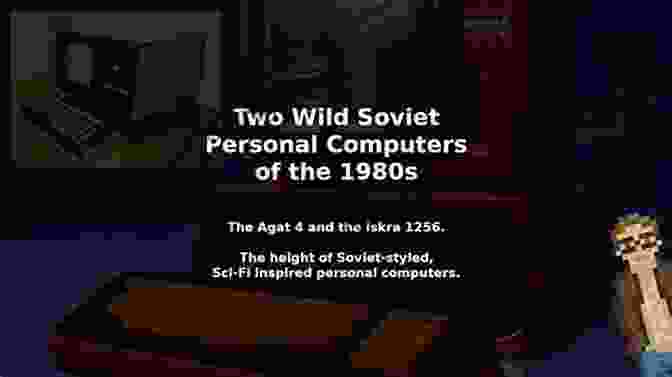
The Impact on Soviet Society
The rise of technology had a profound impact on Soviet society. The increased access to information and the ability to communicate freely led to a growing awareness of the problems and shortcomings of the Soviet system. People began to question the government's legitimacy and demand change.
The spread of technology also contributed to the rise of new social movements and political groups. These groups used technology to organize, communicate, and mobilize support for their causes. The government's attempts to suppress these movements were largely unsuccessful, as technology made it increasingly difficult to control dissent.
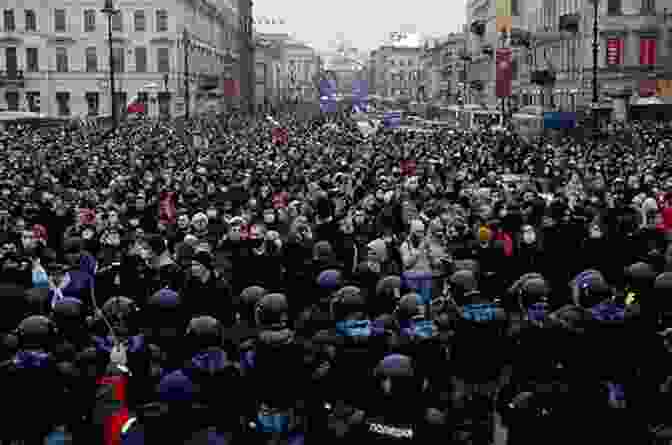
Technology played a pivotal role in the fall of the Soviet Union. The rise of communication and information technologies made it possible for people to challenge the government's authority, share information, and organize for change. The Soviet system, which was based on secrecy and control, proved unable to adapt to the rapid technological advancements.
The collapse of the Soviet Union is a reminder that technology is a powerful force that can shape the course of history. As we continue to develop new technologies, it is crucial to consider their potential impact on society and to use them for the benefit of humanity.
References
- Kotkin, S. (1995). Armageddon Averted: The Soviet Collapse, 1970-2000. Oxford University Press.
- Gorbachev, M. (1996). Memoirs. Doubleday.
- Sakwa, R. (2008). The Collapse of the Soviet Union: A View from the Archive. Routledge.
- Tsygankov, A. (2011). The Collapse of the Soviet Union: A Critical Reappraisal. Palgrave Macmillan.
- Taylor, C. (2017). The Rise of the Soviet Union: From Lenin to Stalin. Routledge.
4.3 out of 5
| Language | : | English |
| File size | : | 4776 KB |
| Text-to-Speech | : | Enabled |
| Enhanced typesetting | : | Enabled |
| Word Wise | : | Enabled |
| Print length | : | 147 pages |
| Screen Reader | : | Supported |
Do you want to contribute by writing guest posts on this blog?
Please contact us and send us a resume of previous articles that you have written.
 Book
Book Novel
Novel Page
Page Chapter
Chapter Text
Text Story
Story Genre
Genre Reader
Reader Library
Library Paperback
Paperback E-book
E-book Magazine
Magazine Newspaper
Newspaper Paragraph
Paragraph Sentence
Sentence Bookmark
Bookmark Shelf
Shelf Glossary
Glossary Bibliography
Bibliography Foreword
Foreword Preface
Preface Synopsis
Synopsis Annotation
Annotation Footnote
Footnote Manuscript
Manuscript Scroll
Scroll Codex
Codex Tome
Tome Bestseller
Bestseller Classics
Classics Library card
Library card Narrative
Narrative Biography
Biography Autobiography
Autobiography Memoir
Memoir Reference
Reference Encyclopedia
Encyclopedia Rob Bignell
Rob Bignell Henry Dreyfuss
Henry Dreyfuss Henry Milner
Henry Milner Harry Vardon
Harry Vardon Kenneth E Hagin
Kenneth E Hagin Holger Sieg
Holger Sieg Heather E Schwartz
Heather E Schwartz Hester Berry
Hester Berry Helen Moon
Helen Moon Jessie Ware
Jessie Ware Sylvia Plath
Sylvia Plath Vince Annable
Vince Annable Laura Richie
Laura Richie Helen Cathcart
Helen Cathcart Pallav Kalamkar
Pallav Kalamkar J D Sullivan
J D Sullivan Harry Middleton
Harry Middleton Hiroaki Suzuki
Hiroaki Suzuki Jason Cochran
Jason Cochran Howard Zinn
Howard Zinn
Light bulbAdvertise smarter! Our strategic ad space ensures maximum exposure. Reserve your spot today!

 Andrew BellThe Zionist Dream Makers Of The Modern World: How a Hidden Agenda Is Shaping...
Andrew BellThe Zionist Dream Makers Of The Modern World: How a Hidden Agenda Is Shaping...
 Ted SimmonsCultivate Serenity with the Trinidad and Tobago Moon Gardening Calendar 2024:...
Ted SimmonsCultivate Serenity with the Trinidad and Tobago Moon Gardening Calendar 2024:...
 Cade SimmonsStories of the American Revolution: The Thomas Fleming Library - Step into...
Cade SimmonsStories of the American Revolution: The Thomas Fleming Library - Step into... Dalton FosterFollow ·7.5k
Dalton FosterFollow ·7.5k Dan BellFollow ·9.2k
Dan BellFollow ·9.2k Miguel de CervantesFollow ·6.6k
Miguel de CervantesFollow ·6.6k Marc FosterFollow ·8.5k
Marc FosterFollow ·8.5k Gerald ParkerFollow ·15k
Gerald ParkerFollow ·15k Ian McEwanFollow ·17.8k
Ian McEwanFollow ·17.8k Garrett BellFollow ·15.3k
Garrett BellFollow ·15.3k Jessie CoxFollow ·2.3k
Jessie CoxFollow ·2.3k

 Fabian Mitchell
Fabian MitchellUnleash the Adventure: Family Fun in the Black Hills
Nestled amidst the rolling hills...
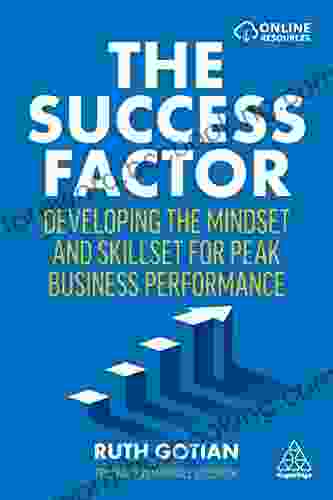
 Alfred Ross
Alfred RossUnleashing Peak Business Performance: A Journey of...
In today's rapidly evolving business...

 Fernando Bell
Fernando BellEmbrace the Prophetic Voice of Howard Zinn: A Journey...
As we navigate the complexities of our...
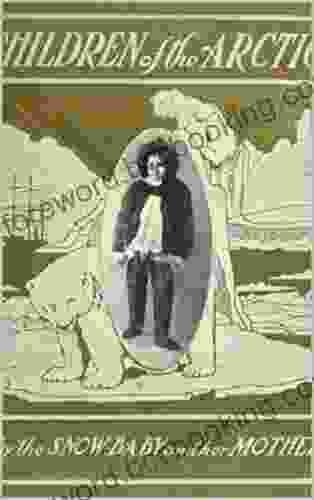
 Jonathan Franzen
Jonathan FranzenChildren of the Arctic: A Literary Expedition to the...
In the annals of...

 Branson Carter
Branson CarterYou Can Be Neutral on a Moving Train: A Transformative...
Welcome, dear reader,...
4.3 out of 5
| Language | : | English |
| File size | : | 4776 KB |
| Text-to-Speech | : | Enabled |
| Enhanced typesetting | : | Enabled |
| Word Wise | : | Enabled |
| Print length | : | 147 pages |
| Screen Reader | : | Supported |


